Managers who only ever had one job – and how it went
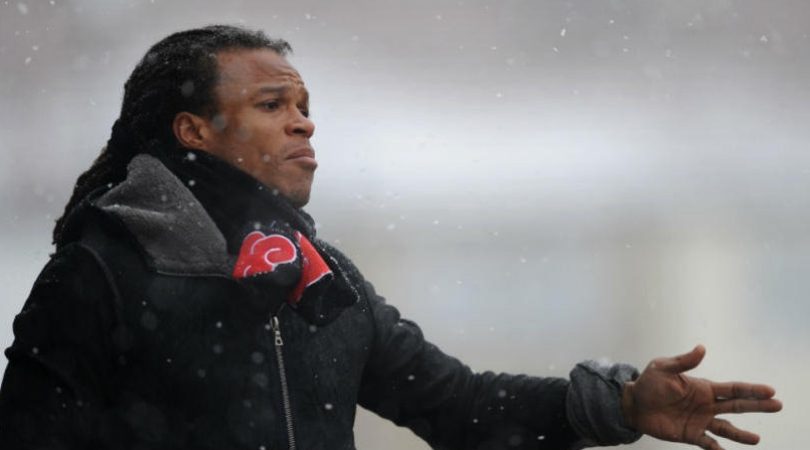
You had one job...
Football management, while unstable, can be a long and fruitful career.
Managers often keep going long past retirement age – Roy Hodgson is still going strong at Crystal Palace this season aged 71 – and build up a long list of employers along the way.
This lot, however, didn’t fancy it. Awful form, financial meltdowns and lost causes are some of the reasons the following 10 gaffers called it a day with management after just one bite of the cherry. Probably for the best...
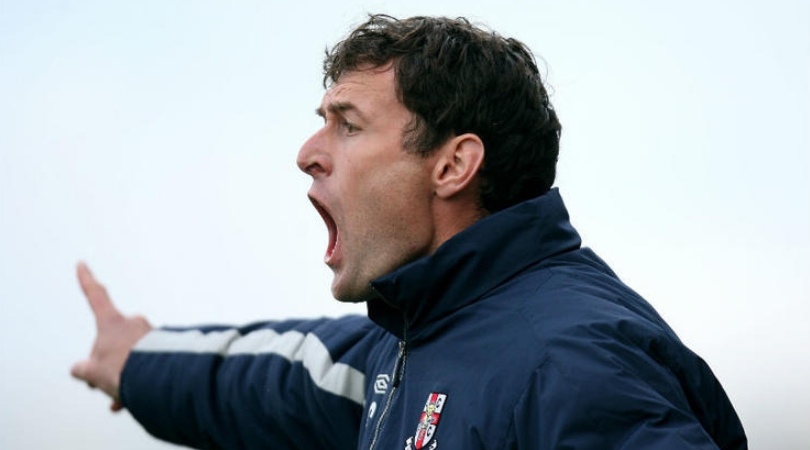
Chris Sutton – Lincoln City
A fan favourite when he was banging in the goals for Blackburn and Celtic, Sutton’s managerial exploits weren’t quite so successful.
Sutton arrived at Sincil Bank alongside ex-Rovers teammate Ian Pearce, having landed the job thanks to their “enthusiasm”, but their reign lasted just 51 matches and the loud-mouthed pundit hasn’t returned to the dugout since.
"To be honest, I won’t rule anything out," he told FourFourTwo about a potential return in February 2018. "I had a year at Lincoln and enjoyed coaching the players. I moved on, but would I go back? I enjoy what I’m doing now, but you never know further down the line."
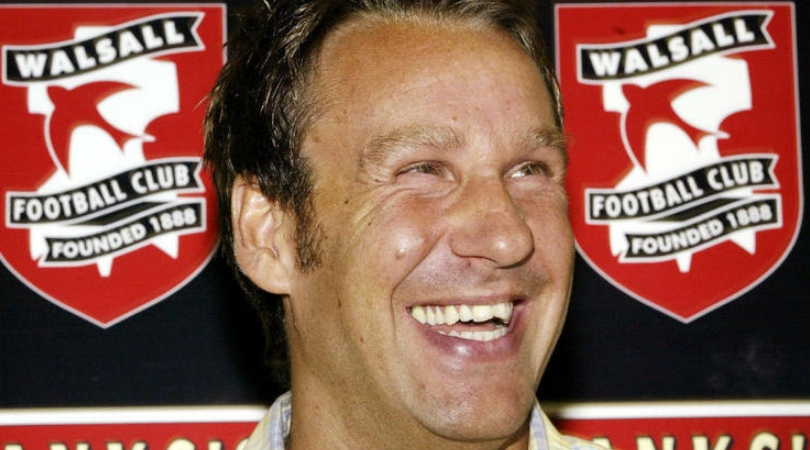
Paul Merson – Walsall
Merson’s spell at Walsall was typically eventful. He began by staving off Championship relegation against the odds after taking on the job in April 2004, only for things to fall apart.
The club almost suffered consecutive demotions, with only a late-season run of form saving them from that fate. In the end, a 5-0 capitulation against Brentford sent Merse packing the following season.
“I was friends with a lot of the lads from the year before [when he was a Walsall player] and I wasn’t a great trainer,” he later said. “I didn’t set the right example if I’m honest.”
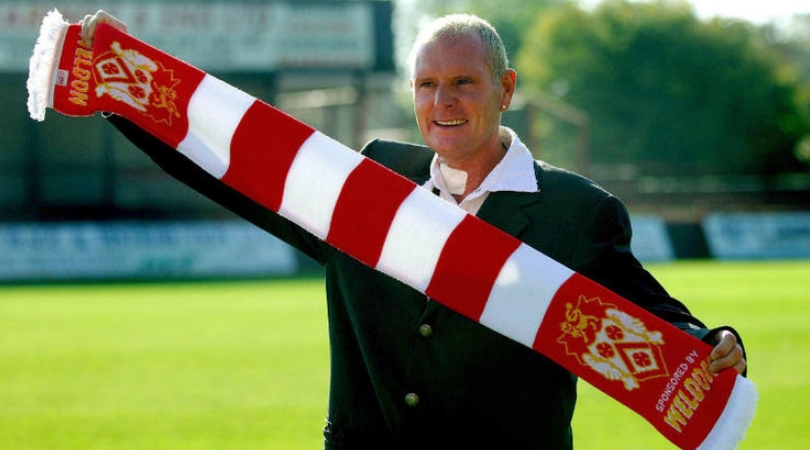
Paul Gascoigne – Kettering Town
Hindsight is a wonderful thing, but you didn’t need to be Nostradamus to see how this appointment would work out – although if you never try, you never know (well, for sure anyway).
The former England midfielder accused chairman Imraan Ladak of regularly interfering, while Ladak claimed that he had to intervene with an incredible 37 separate incidents during Gazza’s 39-day spell in charge of the club.
“I am now looking to buy the football club,” said Gascoigne. He didn’t... and hasn’t managed again.
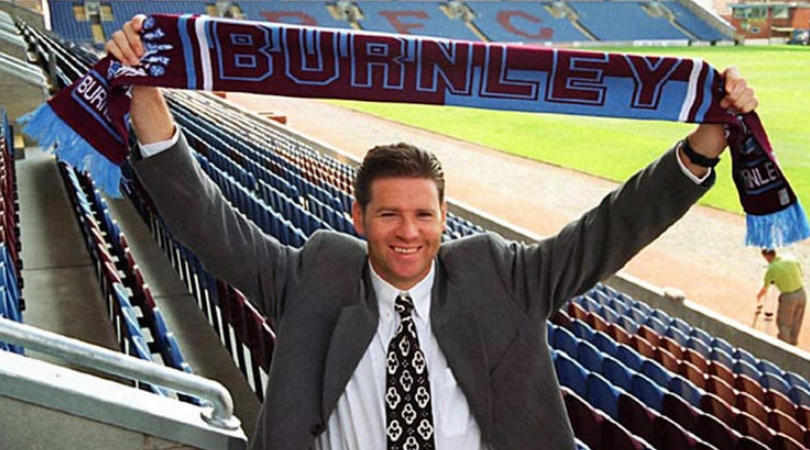
Chris Waddle – Burnley
Unfortunately for Waddle, his time in charge of Burnley wasn’t nearly as memorable as his radio rant after England were knocked out of the 2010 World Cup.
“It didn’t take long to say yes,” he said when he took the reins for the 1997/98 campaign.
It also didn’t take long for things to go wrong, as Burnley didn’t score in their first six matches and were winless in their opening 10. He did oversee a late-season turnaround in form, but regardless ended up departing at the end of the season and waving goodbye to management altogether.
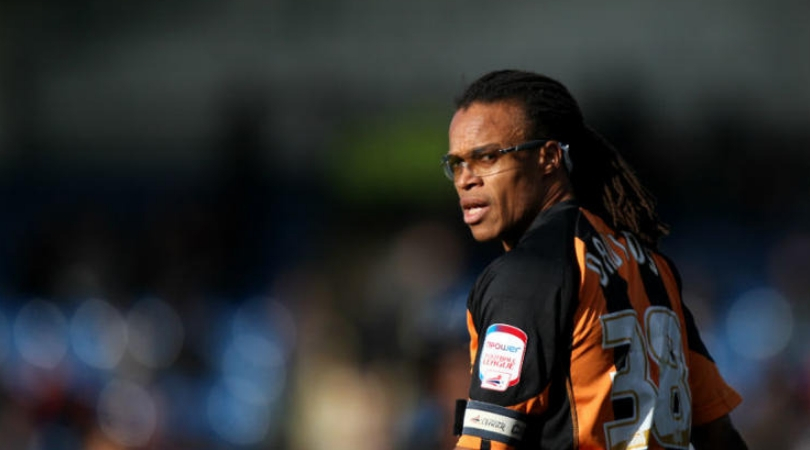
Edgar Davids – Barnet
It seemed like a dream for Barnet fans when they heard that the decorated former Juventus star was coming out of retirement to become their player-manager, sharing coaching duties with Mark Robson.
Davids took over with Barnet bottom of League Two during the 2012/13 season, and started strongly – bafflingly taking the No.1 shirt from Graham Stack and refusing to travel for matches that required overnight stays.
He was shown six yellow and three red cards in nine matches in a disastrous spell - and the Bees are now in the National League.
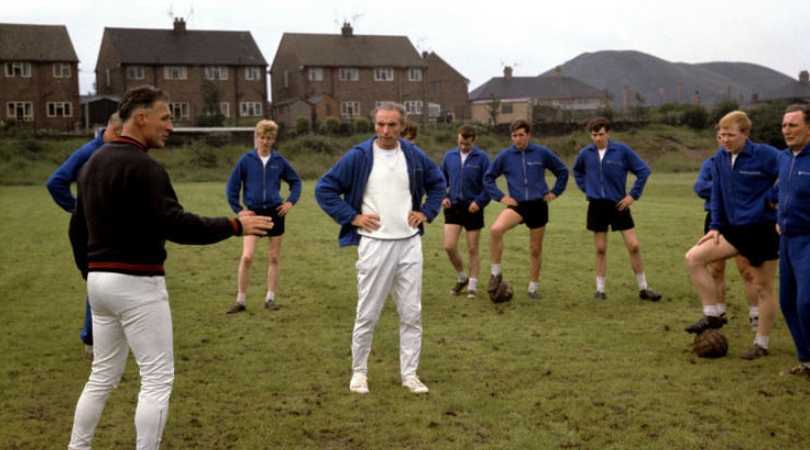
Stanley Matthews – Port Vale
Stoke supporters can’t have been best pleased when their favourite son headed for Port Vale down the road in 1967, only two years after he’d pulled on a Potters shirt for the final time.
It wouldn’t end well for the England great though, as the club were fined £4,000 and kicked out of the Football League for breaking five FA rules including illegal payments.
Matthews wasn’t guilty of any transgressions, and when he left the club still owed him £9,000. The first Ballon d'Or winner said he would welcome the cash once the club were in a better financial position – but it never arrived.
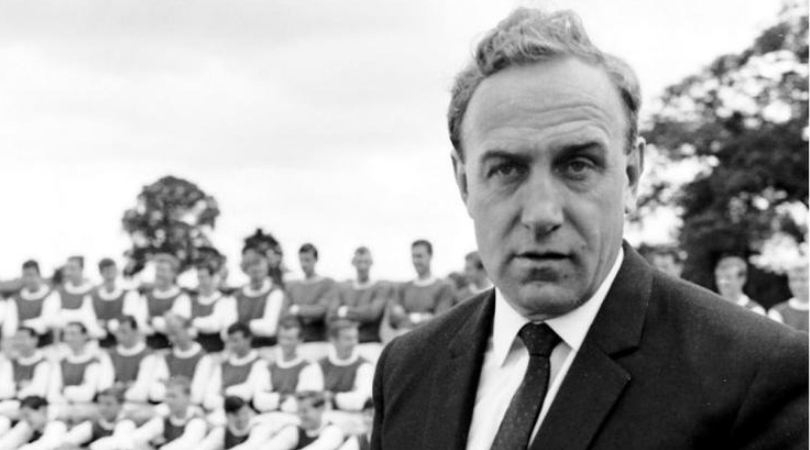
Billy Wright – Arsenal
“He had neither the guile nor the authority to make things work and he reacted almost childishly to criticism.”
That was Brian Glanville’s take on Wright’s spell in charge of Arsenal from 1962-66, and it appears to be an accurate summary.
The Gunners had an awful record under a man who had become the first player to reach 100 international caps the previous decade. It wasn’t, however, a successful transition from playing to management...
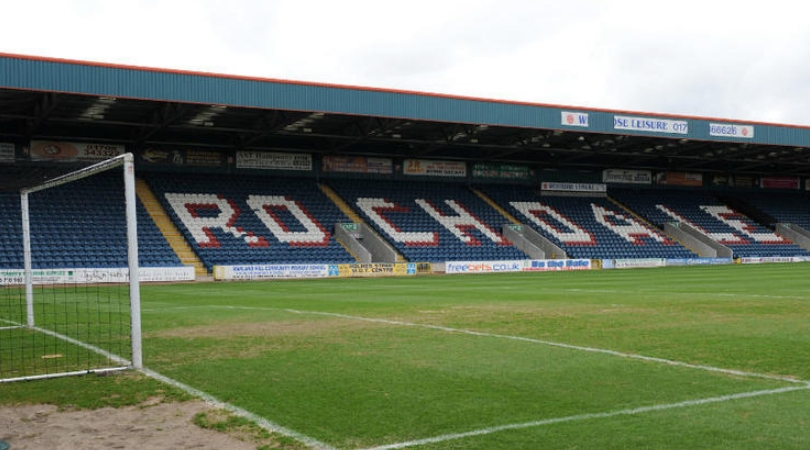
Tony Collins – Rochdale
Collins became the first black man ever to manage in English football in September 1960.
“We are aware that some eyebrows will be raised because of his colour but that made no difference and we sincerely hope it will make no difference in his career as manager,” said chairman Freddie Ratcliffe.
It was an inspired appointment, as within two years Rochdale had made it to the League Cup final. However, it was to be Collins' one and only management job despite players demanding he was put back in charge after his departure in 1967. He applied for another 13 jobs and wasn’t even given an interview.
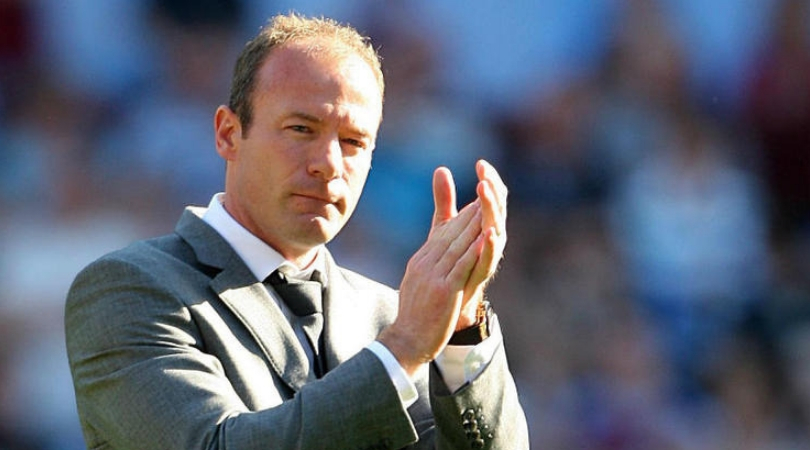
Alan Shearer – Newcastle
Shearer was praised as a saviour when he abandoned the plush sofas of BBC’s Match of the Day studio in favour of the Newcastle bench in April 2009, but his arrival came too late to save the Magpies from the drop.
Newcastle won just one of their eight matches under Shearer’s guidance, while off the pitch a dressing room bust-up with Joey Barton (obviously) has proved more memorable than his managerial reign.
At least it's all water under the bridge – Barton called Shearer a “p****” on Twitter in 2012 before saying he had better hair. Harsh.
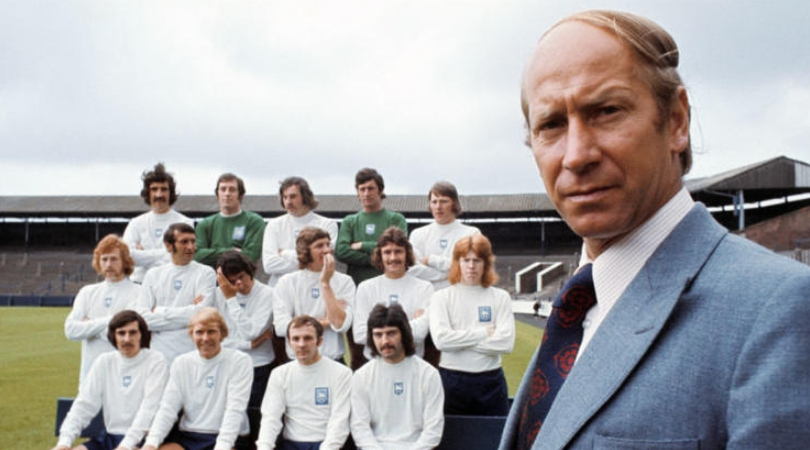
Bobby Charlton – Preston North End
You can understand the excitement at Deepdale in 1973 when World Cup-winning England great Bobby Charlton was appointed and arrived with Nobby Stiles and David Sadler in tow.
However, Charlton was quickly shown to be better on the pitch than in the dugout, as Preston were relegated in his first season. He took matters into his own hands by coming out of playing retirement for his second campaign, but it didn’t make any difference.
Charlton told skipper John Bird in the summer of 1975 that if they sold him he would resign – and he was true to his word.
Alasdair Mackenzie is a freelance journalist based in Rome, and a FourFourTwo contributor since 2015. When not pulling on the FFT shirt, he can be found at Reuters, The Times and the i. An Italophile since growing up on a diet of Football Italia on Channel 4, he now counts himself among thousands of fans sharing a passion for Ross County and Lazio.
